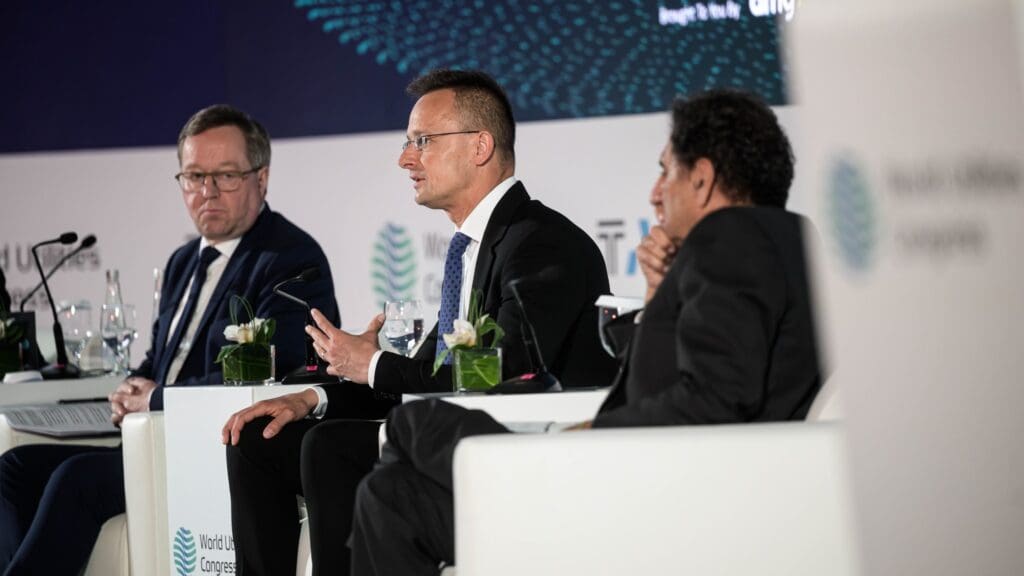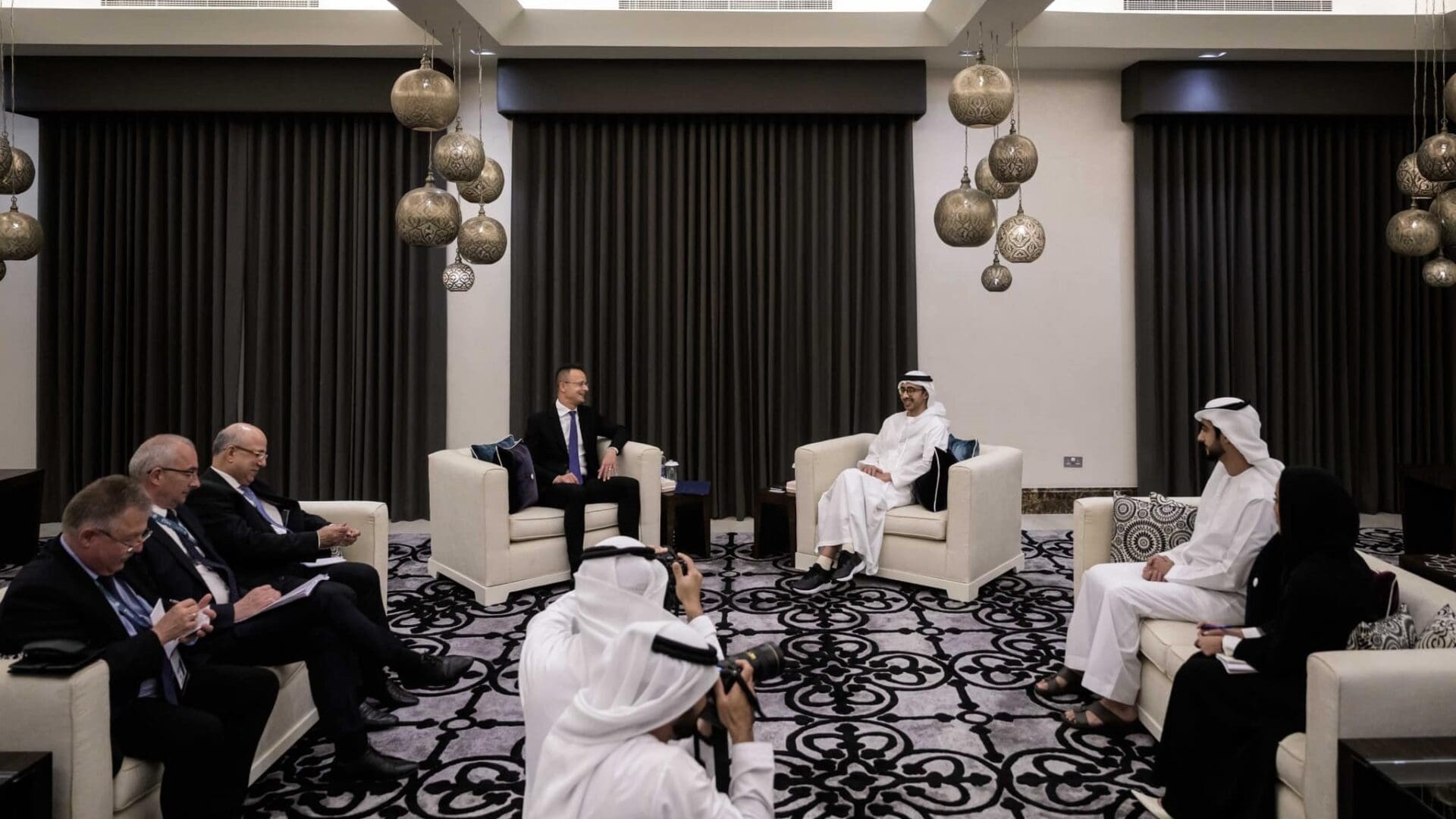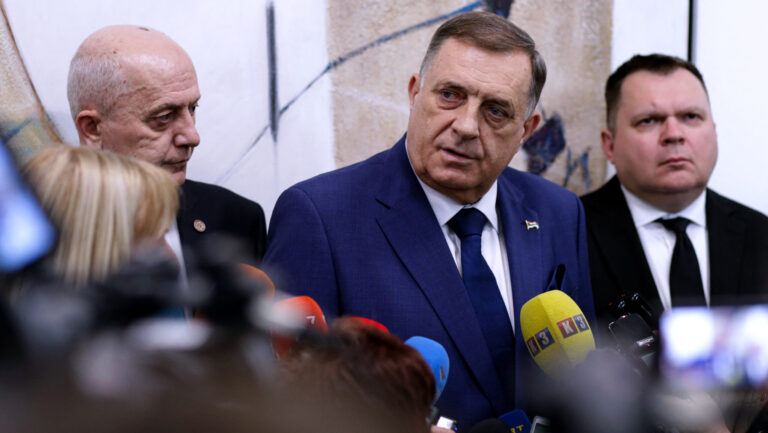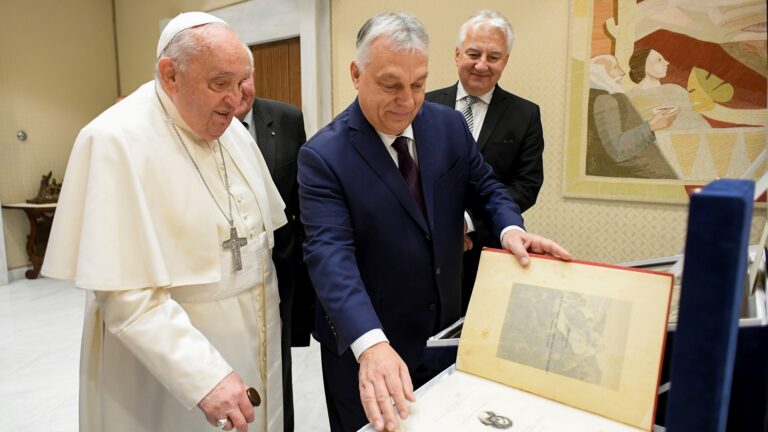Minister of Foreign Affairs and Trade Péter Szijjártó held talks on energy with representatives from several countries on Monday in the United Arab Emirates. Following his visit to Abu Dhabi, the minister reported on his Facebook page that he had met with his local counterpart Sheikh Abdullah bin Zayed Al Nahyan, who personally contributed greatly to the stability of the region and to improving relations with Israel, which was the first successful step towards peace in the Middle East after decades of failure.
‘In today’s world, there is a particularly great need for peace-loving politicians like the Foreign Minister of the United Arab Emirates,’ he emphasised. He also discussed energy issues with the Energy Minister of the Emirates, Suhail Mohammed Faraj Al Mazroui, and subsequently stressed on his social media that, like Hungary, the United Arab Emirates is also committed to the use of nuclear energy. ‘We agreed that nuclear power plants can contribute to the energy supply of our countries in a cheap, safe, predictable, and environmentally friendly way,’ he said.
During the day, Péter Szijjártó also met with the Egyptian Minister of Electricity and Renewable Energy Mohamed Shaker El-Markabi, whose country is building nuclear reactors with the same technology and export license as Hungary. Reporting on the meeting, he emphasised that
nuclear energy is essential for Hungary,
and that all other environmentally friendly energy production methods require much larger land areas, not to mention the significant amount of energy needed for the electrification of the transportation sector, which accounts for about 20 per cent of harmful emissions.
Finally, he also held talks with the Finnish Minister of Economic Affairs, Mika Lintilä. In his briefing, he pointed out that ‘not only are Finland and Hungary linked by their Finno-Ugric heritage, but we also represent a clear position: Europe needs nuclear energy, because without the construction of nuclear power plants, it is impossible to succeed in the green transition and impossible to protect our environment in the future.’
Without the transition of the automotive industry to electric and investments in nuclear energy, it remains only an illusion that we can preserve the planet in its current form for our descendants, as it is not possible to achieve climate goals without them, Szijjártó said at a conference in Abu Dhabi. The minister emphasised during an energy conference panel discussion that the Hungarian government strives for a balanced approach, as
increasing competitiveness and protecting the environment must go hand in hand.
‘We have never viewed the Green Deal goals as political or ideological issues, but rather as a way to protect this planet for our descendants,’ he said. He emphasised that the international community must develop pragmatic and realistic strategies based on reality, rather than using green initiatives as a way to gain political advantage, and that being green should not be a political or ideological commitment, but a desire to protect the environment. He stated that Hungary is one of fewer than twenty countries in the world that has been able to reduce its harmful emissions while increasing its economic performance in recent years.
He then reported that as part of this strategy, Hungary will become climate-neutral by 2050, and with the expansion of nuclear and solar energy capacity, 90 per cent of electricity production will be carbon-neutral by 2030, which is currently 65 per cent. He announced that Hungary will increase its solar energy capacity from 4,500 megawatts today to 12,000 megawatts by 2050, and its nuclear energy capacity from 2,000 to 4,400 megawatts.

At a discussion on the topic of a fair energy transition, Péter Szijjártó warned that burden-sharing cannot be considered fair because the countries that suffer the most from the consequences are those that have contributed minimally or not at all to climate change, so the largest polluters should take on a much greater role. He highlighted that 14 per cent of global emissions are related to road transport, so there is no hope of protecting the planet without the transition of the automotive industry to electric, and without it, it is not possible to achieve climate goals, so developed countries must work together for the success of this renewal. In this regard, he believed that Hungary has a great responsibility, as it is already the world’s fourth-largest producer of electric batteries and has become a significant meeting point for major Eastern and Western companies in the sector. The minister then stated that without nuclear energy, ‘it remains an illusion, a dream to achieve green goals,’ as it is not possible to produce enough electricity sustainably for the population and industry.
Nuclear energy has been classified as a cheap, safe, and environmentally friendly mode of energy production, allowing states to become independent from the extremely fluctuating international energy markets. It was emphasised that the expansion of the Paks power plant will prevent the emission of about 17 million tonnes of carbon dioxide and the use of 3-3.5 billion cubic metres of natural gas annually. Despite all these advantages, it was underlined that there is still a need to fight against the discriminatory treatment of nuclear energy in the European Union, as some member states are trying to put obstacles in front of the ongoing investment in Paks. In this regard, it was stated that it is an unfair attack on Hungary’s sovereignty that the German government is not allowing Siemens Energy to deliver control technology for the Paks project, despite previous agreements.
Related articles:








